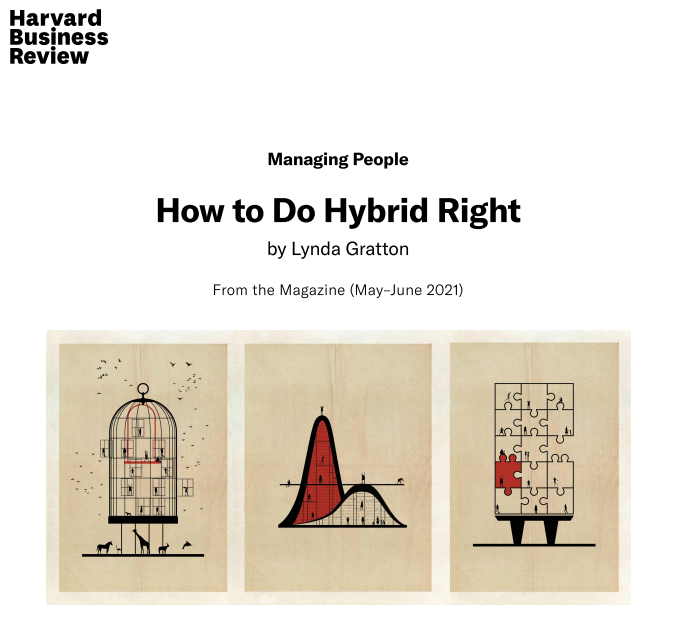Future of work – Diversity and inclusion
Since the pandemic, businesses have adopted virtual work technology fairly quickly, and employees are beginning to understand the benefits of having greater flexibility in their working hours and locations. Leaders are seizing a once-in-a-lifetime chance to reimagine work using a hybrid model as they become more aware of what is possible. (Gratton, HBR May/June 2021)

Job redesign is the process of rearranging tasks and responsibilities to better align roles with the changing environment inside and outside the organization.
Future of work, working from home, and diversity & inclusion (D&I) are just a few of the terms that are pushing businesses to rethink their organisational structure. More than ever, it is crucial to advance workplace diversity.
The key to reimagining the potential of your workforce is to address the full picture, everything from societal changes to workplace expectations.
PWC

In order to foster more diversity in the workplace, an increasing number of rules and regulations are being implemented. Organizations need to change, or else they run the danger of losing their competitive edge, losing market share, and ultimately losing money.
In order to engage customers and talent through community activities, new techniques are required as the workforce shifts from a local resource pool to a more global community. Retaining employees must deploy a strategy that supports a variety of career paths across occupations and geographical areas. D&I needs to advance so that it can offer internal gigs and flexible work schedules to enhance inclusion, growth, and trust among employees.
Promoting personal connection and social purpose through initiatives that boost employee wellbeing becomes a new imperative. Organizing the business structure might well include a new role: Chief Diversity Officer, who are responsible for D&I efforts.
Lynda Gratton explains how its important that an employer doesn’t make assumption about an employees personal life and their preferences. Norms and practices need to be fair and just when considering the employee’s personal circumstances. Gratton also suggests that an employer might need to adopt a spirt of courageous experimentation to get the redesign model right and remain inclusive.
This spirit of experimentation was reflected in the idea that any model had to be tailored to the different parts of the business.
Lynda Gratton
PBC Group is able to support a business initiative that requires transformation by bringing an impartial mindset and objective thinking. You can contact Etienne Pretorius to book a consultation at aepretorius@pbcgroup.co.za or +27 82 513 6150.
